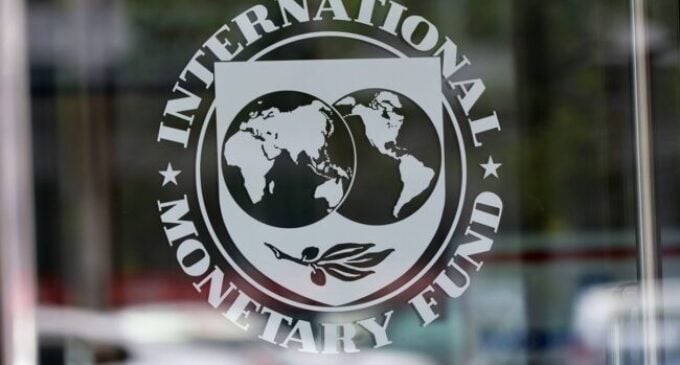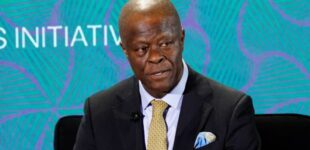IMF: Nigeria’s inflation rate to rise in second half of 2018

The International Monetary Fund (IMF) says inflation rates will rise in the second half of 2018 as consumer spending increases and agricultural output drops.
Lucie Fouda, IMF’s Africa press officer, said a delegation led by Amine Mati, senior resident representative and mission chief for Nigeria, between June 27 and July 9.
According to Mati, even though crude oil prices are higher, the rise in inflation coupled with reduced oil and non-oil output would put significant pressure on Nigeria’s macro-economic environment, making it vulnerable to shocks.
“Inflation would pick up in the second half of 2018 as base effects dissipate and higher spending and supply constraints in agriculture put pressure on prices,” the Bretton Wood institution said.
“Under current policies, the outlook remains challenging. Growth would pick up to about two per cent in 2018, weighed down by lower than expected oil production and relatively weak agriculture growth.
“Higher oil prices and short-term portfolio inflows have provided relief from external and fiscal pressures but the recovery remains challenging.
“International reserves remained stable at about $47 billion, supported by some convergence in existing foreign exchange windows, and despite some reversal of foreign inflows since April.
“However, activity in the non-oil non-agricultural sector remains weak as lower purchasing power weighs on consumer demand and as credit risk continues to limit bank lending.
“Increased oil exports would keep the current account in surplus, helping stabilise gross international reserves even if the current pace of foreign portfolio outflows continues.”
The multilateral institution said the government should come up with policies that would reduce vulnerabilities and increase growth over the medium term.
“This includes specific and sustainable measures to increase the currently low tax revenue – including through avoiding new tax exemptions.
“This process should be supported by keeping monetary policy tight through appropriate monetary policy tools that will help contain inflationary pressures and support a move towards a uniform market-determined exchange rate.”
Nigeria’s economy had slipped into a recession in 2016 with inflation rate almost doubling to 18% as at January 2017.















There are no comments at the moment, do you want to add one?
Write a comment